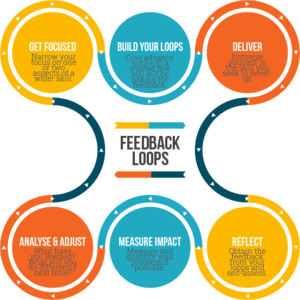There are clear differences between mentoring and coaching, and benefits from both. Here’s our take.
Coaching is:
-
Development focused – coaches assist employees in building skills and capability
-
Content driven – coaches provide ideas and tools with which participants can become familiar, practice in a safe haven, and then action back in the workplace
-
Regular and finite – often because these assignments are paid, frequency, length of session, and number of sessions are structured and have a start and end date
-
(Often) Event driven – coaching engagements are associated with a particular development program, or a career transition, or on-boarding and so on.
Mentoring is:
-
Navigation focused – mentors assist mentorees in navigating landscapes (the occupation, the organisation, the industry, etc.) by providing knowledge, access to past experiences, and where necessary and requested, guidance
-
Context driven – mentors provide access to a network of contacts
-
Irregular and infinite – while mentoring may start as part of a program or transition, often the relationship endures
-
Challenge driven – mentoring sessions occur when key challenges are faced, or key career decisions must be made, offering mentorees an irregular, often just-in-time support mechanism
-
Two-way – assuming they are listening carefully, mentors can get valuable insights into the way in which their organisation works and is seen by more junior employees.
Further resources
HFL has developed extensive mentoring guides for leaders.
And we encourage mentors to use the GROW model, question technique, active listening and challenge in much the same way as coaches do. Both mentors and coaches need to put the participant’s learning first. And don’t be too quick to provide answers or problem solving examples from the past as the aim is to build independence, not dependence, through the conversations.
For further information and samples, please contact us.
Check out our Executive Coaching service.




